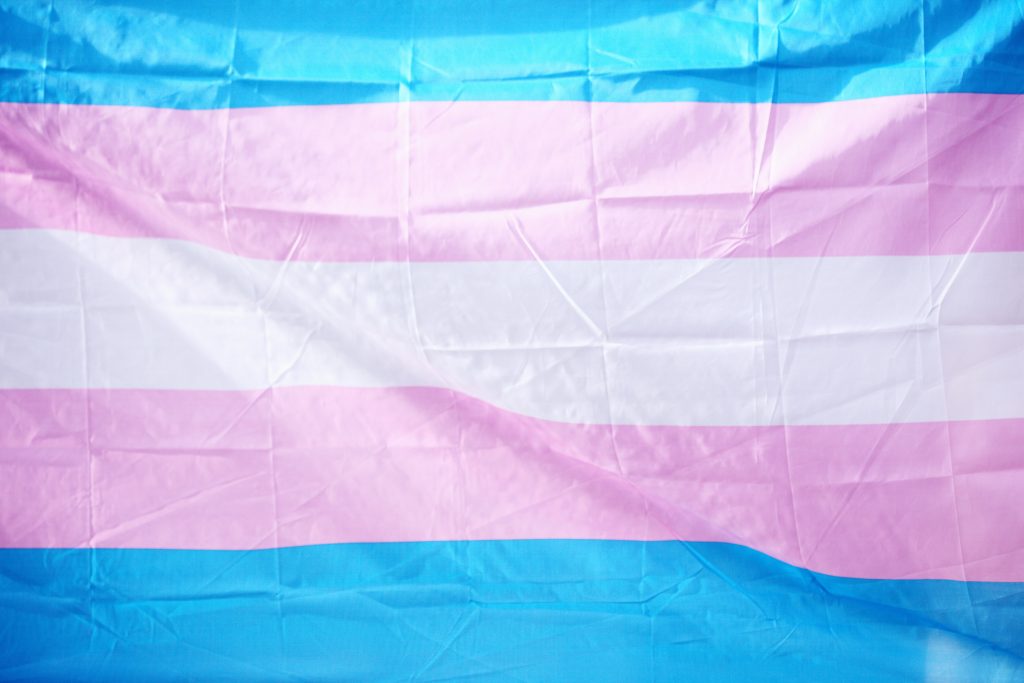
In keeping with the theme of having a Lifestyle page that is about, hopefully, helping its readership lead good human lives, March 31st marked Transgender Day of Visibility (TDOV). Though this article is two weeks overdue, I think that the passage of such a day gives the Jewell community an opportunity to once again reflect on the question of: “Are we leading good, social lives?”
Before I get into the nuances of leading a good social life and the ways in which reflecting on TDOV would be conducive to leading such a life, we should first define what TDOV is.
Specifically, TDOV is “an annual awareness day… dedicated to celebrating the accomplishments of transgender and gender nonconforming people while raising awareness of the work that still needs to be done to achieve trans justice.”
TDOV, created in 2009 by Rachel Crandall-Crocker, is a day about “celebrating the living.” If this sounds strangely dark, that’s because being gender nonconforming is, well, pretty rough, and a brief look at a smattering of statistics will tell you this.
According to HRC.org, transgender and gender nonconforming people face an elevated risk of being victims of systemic, institutional discrimination, violence, inequality and stigma. 29% of trans adults live in poverty. Only 30% of women’s shelters house trans women. 47% of trans people have experienced some form of sexual assault in their life time.
TDOV is meant to be a time to celebrate transgender and nonbinary people’s existence – to take time to enjoy people being who they are and being visible in their identities. TDOV is the sort of day which, because of its focus on trans and non binary visibility, raises awareness of the fact that people do not conform to gender norms and/or the gender binary. Which means that TDOV itself has practical implications for everyone, implications we all should take seriously if we want to lead good human lives.
Namely: we must eschew the kind of erroneous socialization which would have us believe that the experiences of transgender and nonbinary people are unnatural or wrong. Instead, we should seek to educate ourselves about transgender and nonbinary identities in order to be able to be more educated and be able to lead lives that are respectful of other people’s lived experience.
The advice I give, I think, is rather simple solidarity-style advice. If you want to be a good ally, and you want to show that you take seriously TDOV, and transgender and nonbinary issues, then you can start simply. Use people’s correct pronouns. Call people their preferred name. Don’t assume people’s pronouns based on their appearance.
Don’t play gender police. If someone tells you that they identify as a particular gender identity, you should not ask them why or start quizzing them to ensure that they are in fact correct. The epistemic authority in matters of gender identity is the individual person! Not you. No one owes you anything when it comes to their gender identity.
You can also continuously educate yourself about transgender and nonbinary issues. Pflag.org has a great list of resources that you read in order to educate yourself. You should also keep your eyes on news sources. Anti-trans legislation is constantly being pushed in local, state and federal governments that could negatively impact the lives of transgender and nonbinary people.
For example, Missouri lawmakers have been trying to push to a bill that would make access to transition-related medical treatments illegal for minors, and another bill which would make students in Missouri schools compete in sports based on their assigned sex at birth.
Finally, you should engage in mutual aid – whenever you can, donate money to either organization like the Trans Justice Funding Project or to individual transgender or nonbinary people to show your ally-ship, particularly during these awful pandemic times.
